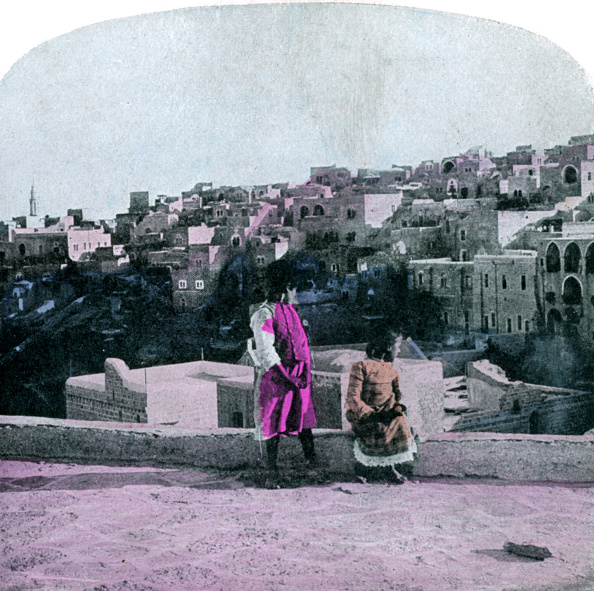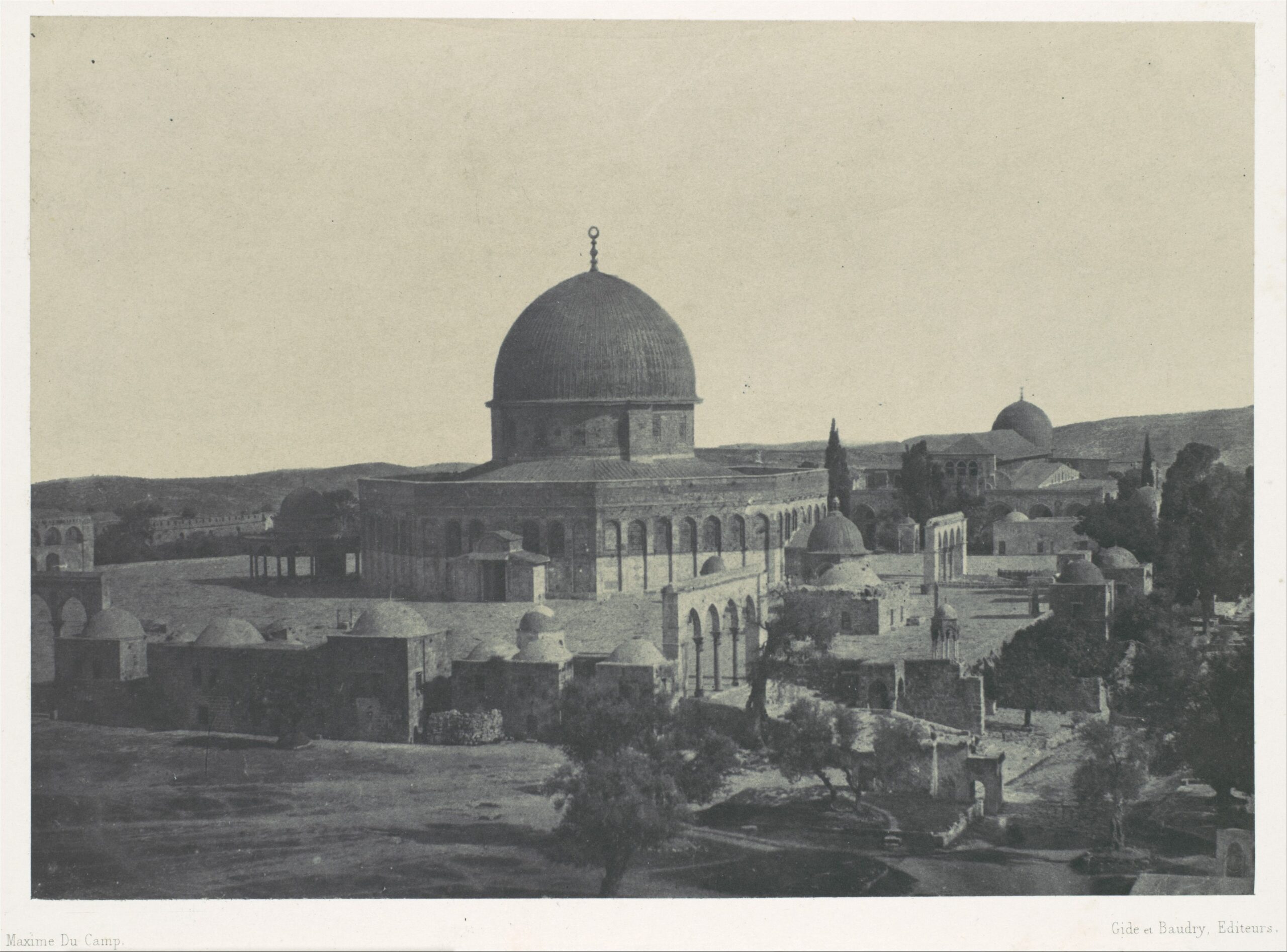Growing up in Palestine, in the city of Ramallah on the West Bank, I learned about voting by watching the television series Little House on the Prairie. In the show’s third season, there was a school election. Nellie, a wealthy, arrogant figure, ran against Mary, who was popular, and Elmer, who was quiet and kind.
Over the course of the election, the students formed alliances, used persuasion and deception, and held parties. Some used threats. Money, gumballs, and popcorn prizes were deployed.
I cast my vote for the first time in a similar campaign—at Birzeit University, in the 1984 student government elections. Deprived of a nation, leaders, and free governance, Palestinian college students in my university formed political parties and envisioned a democratic homeland the size of the campus. I voted to strengthen the process of voting itself, and not because I belonged to a political party. There were no female candidates on the ballot.
The winning president that year was a young man by the name of Marwan Barghouti. He was gentle-spirited, shy, and polite. Everyone also understood that Marwan was brave; it was commonly understood that Palestinian student leaders, or activists of any kind, would be imprisoned, exiled, or killed by the Israeli forces to deprive Palestinians of the ability to organize or develop effective leadership of any kind.

Two years later, I moved to New York City to intern at The Nation. This was the start of my journey to freedom—one that would lead me, several years later, to a huge church in Kansas City, Mo. The church was two hours away from Independence, Kan., where there’s a museum dedicated to Little House on the Prairie at the birthplace of the novel’s author, Laura Ingalls Wilder.
I had crossed from “alien” status to “resident” status, and the church was filled with hundreds of immigrants like me. We all were ready to become naturalized U.S. citizens, with the privilege to vote in elections.
A female immigration officer approached us: “I will come to you and ask you one by one where you are from,” she explained. “This is the last time you can say you are from your country of origin. When you leave this place, you will be American.”
Saying the name of my country has long been traumatic for me. I grew up not being able to speak the word “Palestine” without fear. I’d heard and read stories about Palestinians being punished for doing so.
“What country are you from?” the immigration officer asked me.
“I am not certain!” I said.
She looked confused. “Say the name of your country!” she demanded.
“Palestine!”
“There is no Palestine,” she said. “You must say something else.”
“What do you want me to say?” I responded. “I am Palestinian.”
“Say ‘Israel’ or ‘Jordan.’ I will come back to you after I finish with this row and ask again. If you say ‘Palestine,’ you will not be naturalized.”
She continued down the line, leaving me frozen in fear. The person to my left began to cry. She understood. The next person hid her face. It was a long row of people crying. They all heard the conversation, and they knew what Palestine was, and the plight of the Palestinians and of my homeland.
“Say whatever she wants!” the man to my right said. “Don’t risk this!”
But I felt like I would die if I did not say “Palestine,” which I had been unable to say freely all my life. I worried I would have to live in fear of saying it in America too.
After twenty minutes, the officer came back.
“Where are you from?” she demanded once more.
I closed my eyes as if I were going to jump off a cliff: “Jerusalem!” I said.
When my passport arrived in the mail, Jerusalem was listed as my city of birth. No country was listed.
Since that day in the church in 1992, I always vote—but with ambivalence. My idealism about voting as an American citizen has been altered by the realities of American leadership: Bill Clinton’s affair during his presidency and his impeachment left me feeling that a person who was dishonest in his most intimate partnership, his marriage, was likely to be dishonest in public affairs, too. The presidency of George W. Bush left the entire Arab-American community in fear of being put in internment camps, like what happened to the Japanese-American community during World War II.
Voting began to lose its allure for me. While the nomination of Barack Obama inspired a sense that I was helping end the legacy of racism in the world, I soon came to understand that a president could only do so much.
And now, as the war in Gaza rages, I regret voting for President Biden and have deep doubts about voting for Vice President Kamala Harris. The Biden administration is providing billions of dollars that have gone towards killing Palestinians in Gaza, mostly women and children. The U.S. provides excessively lethal weapons, and it wields a veto in the U.N. Security Council that it has used to defend Israel’s actions that prolong the occupation and the war.
Kamala Harris also appears hesitant when it comes to Palestinian rights. During the Democratic National Convention, themed to focus on inclusion and representation, a Palestinian delegate was denied room to speak, and the Palestinian viewpoint was left out, while many diverse groups were included. As the Arabs say: “A message is understood from how it begins.”
As I search for information to help me make an informed and balanced decision on how to vote this year, I find news about Marwan Barghouti, the college student who won the presidential election for Birzeit’s student council in 1984. The reports say that he has been on a complicated and a dangerous political path, and now he is serving five lifetimes in prison. The Economist calls him the world’s most important political prisoner. There is talk about him as a possible future Palestinian leader.
I think of his smiling face when he won the elections as a student. He was like a child, and it was a simple election. Now what the Palestinians need is a recognized homeland first, and then the people can choose a leader. I hope she will be a woman dedicated to the healing of a people who have been wounded for very long. I would vote for her with all my heart.
In America, this year’s presidential election will come on the heels of the first anniversary of the ongoing violence that began on October 7, 2023—an ordeal that has highlighted the importance of leadership.
As I consider the candidates in America, I don’t think that I have real options that represent both my Palestinian and American sides. And yet I was heartened, recently, when I saw that actress Melissa Gilbert—who played Laura Ingalls in Little House on the Prairie—has been wearing pink to support women’s sovereignty over our bodies. She is making an elections statement. She and I will vote in the same presidential elections this year, in the United States of America! We are both American women!
We are both free to wrestle with the choices before us—to vote according to our conscience. She wants freedom for women, and so do I. I also want freedom for Palestinians, Jews, and all people hungry for a better world. This is my Palestinian-American dream. I will vote as if my freedom depends on it.

